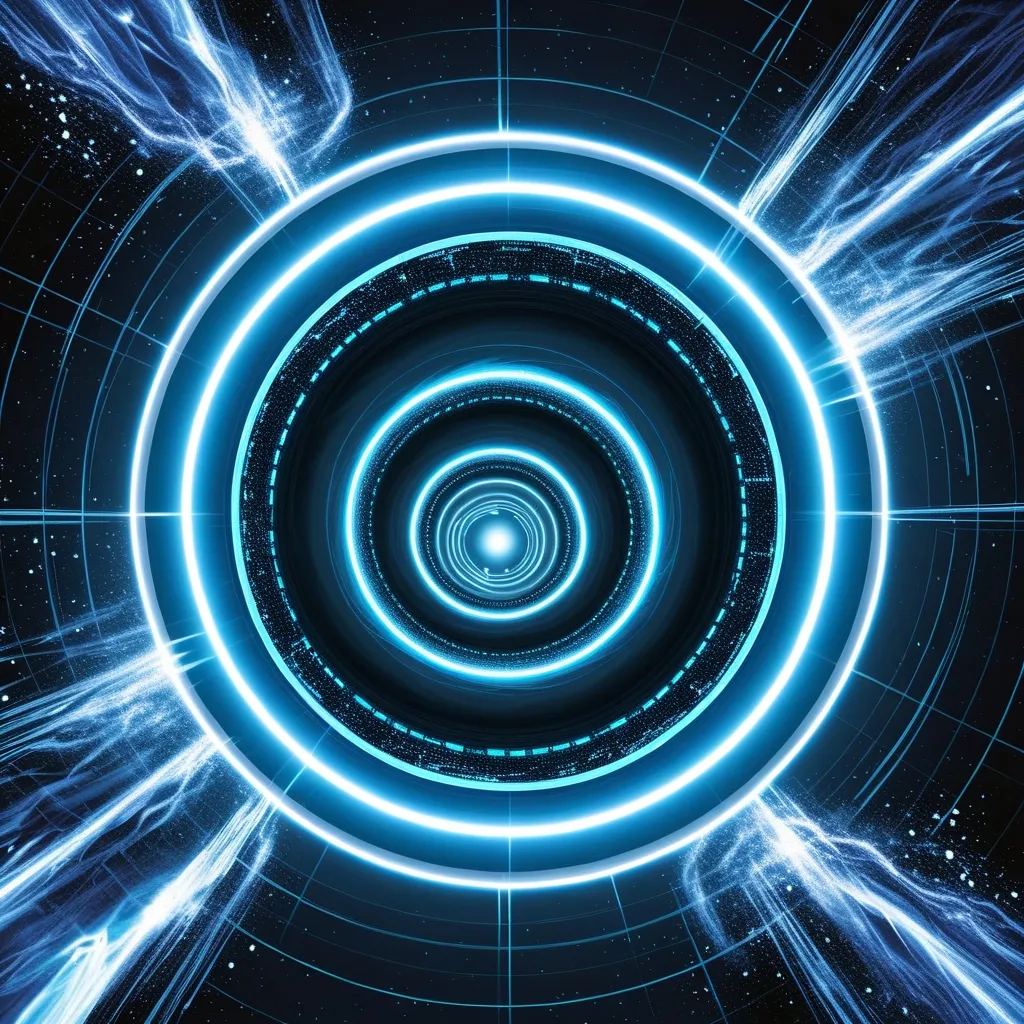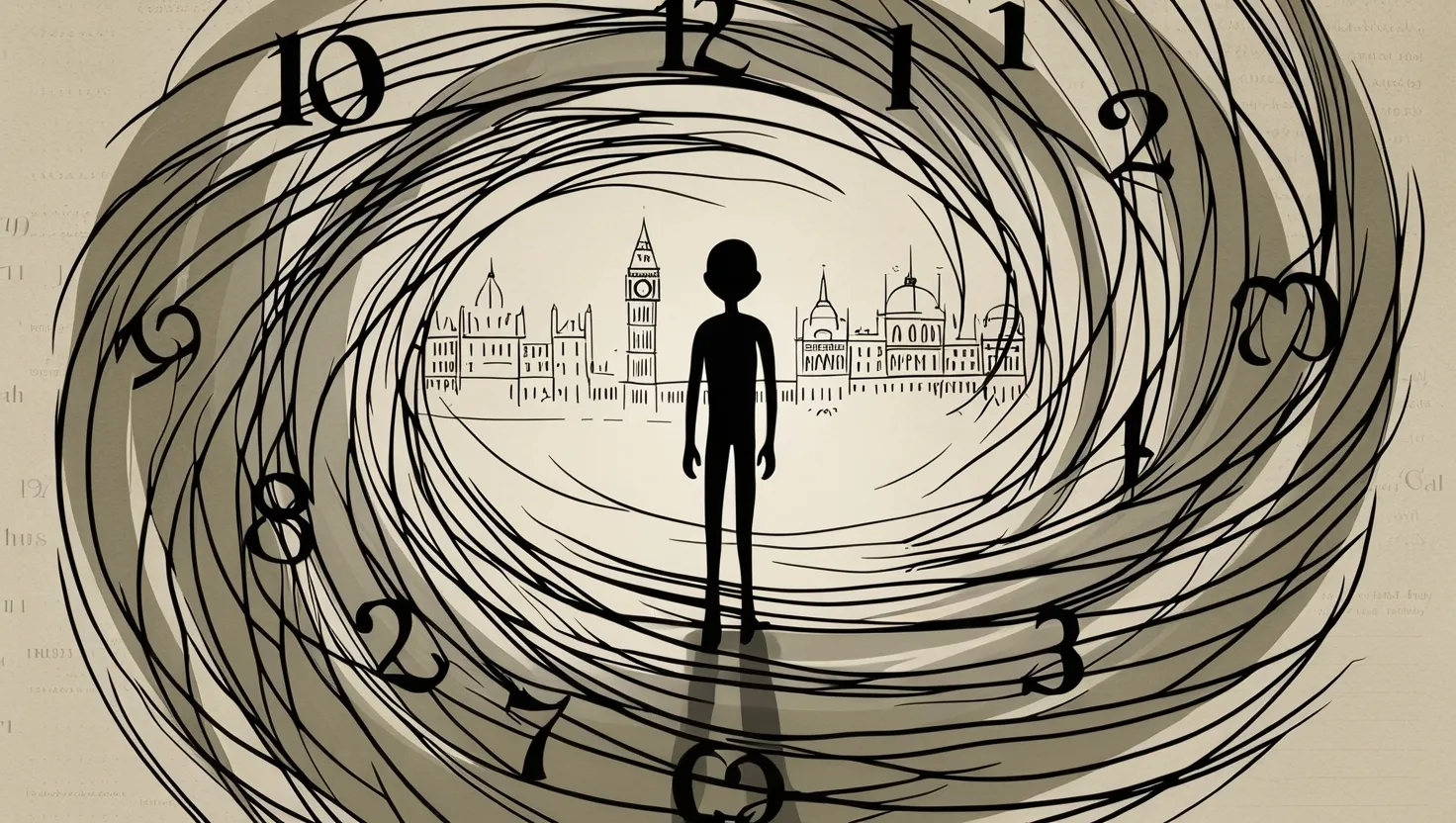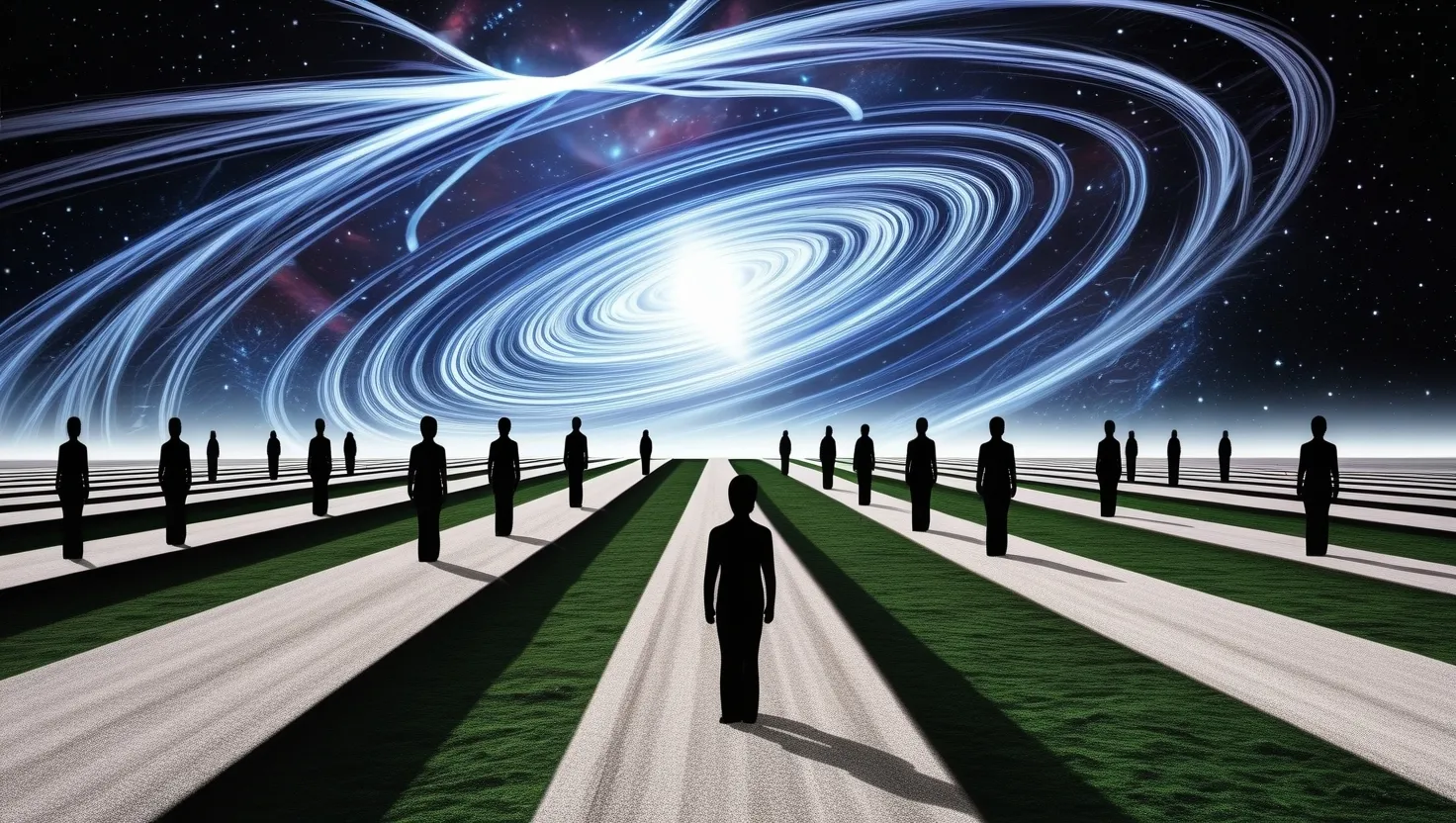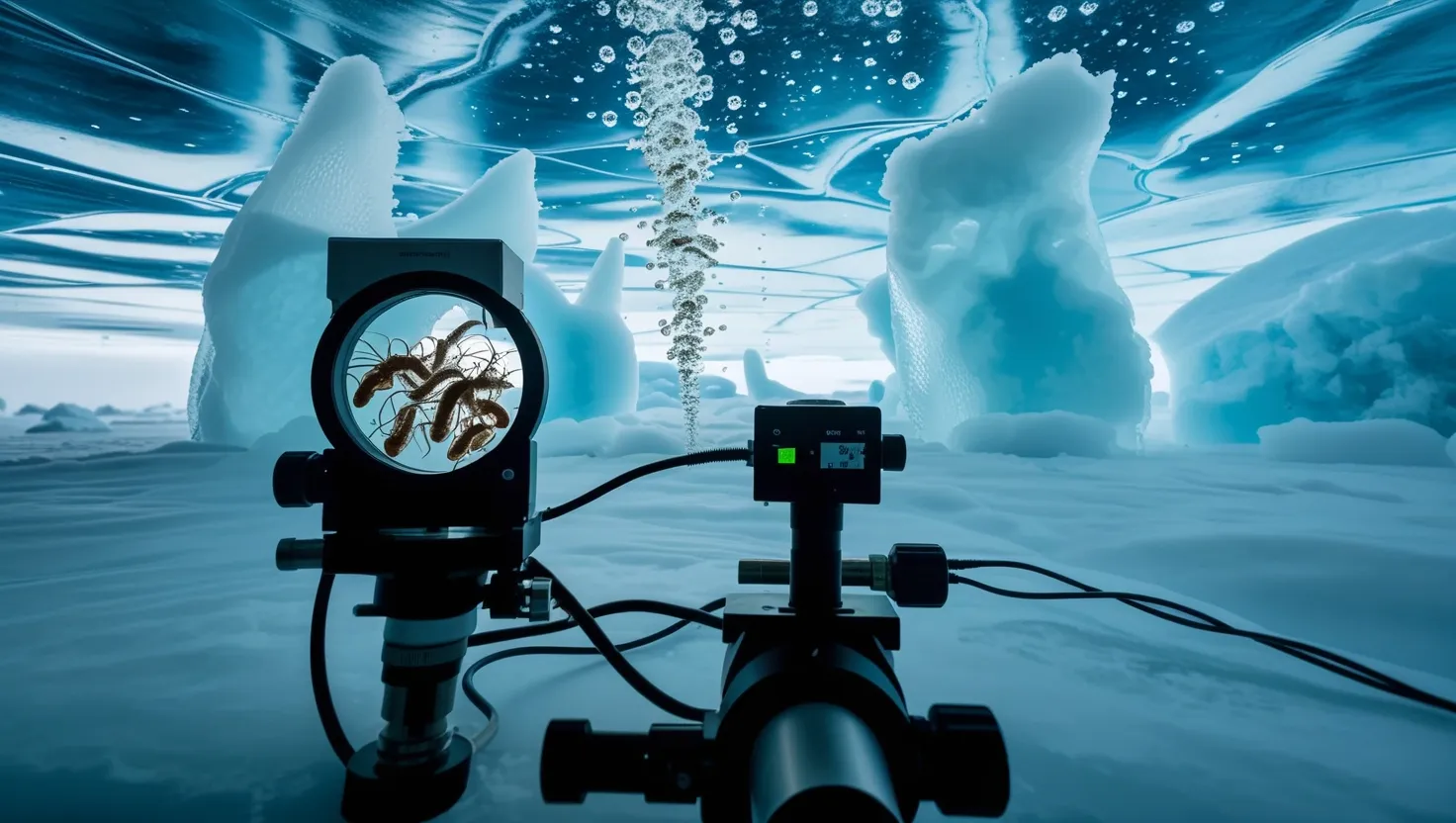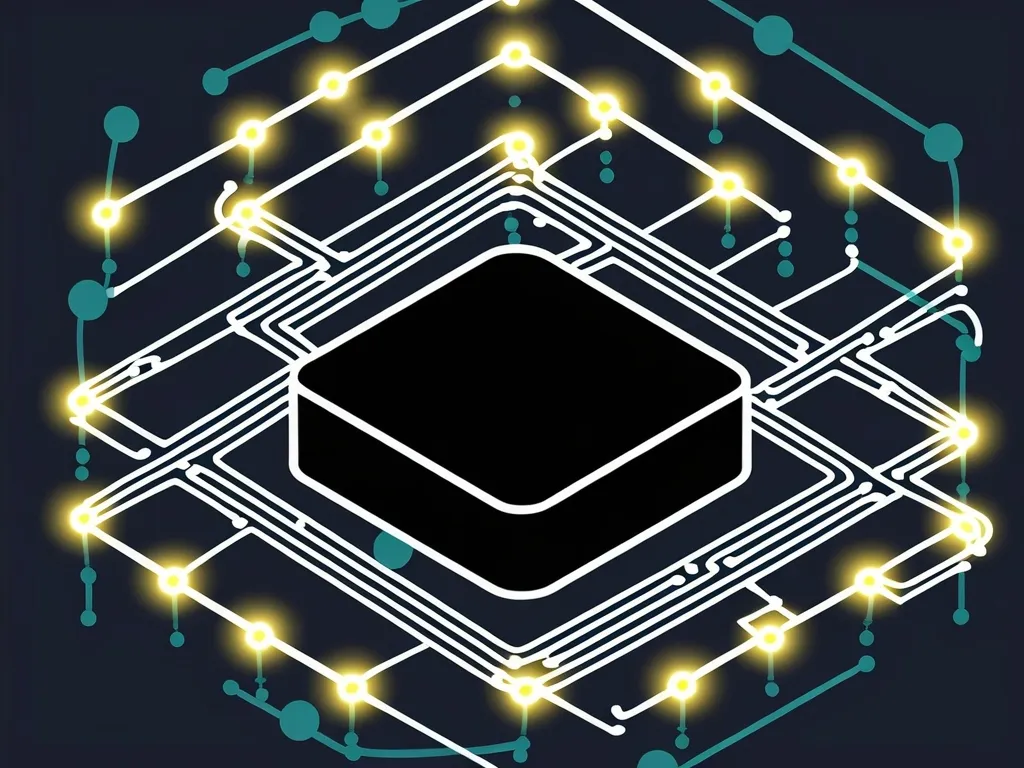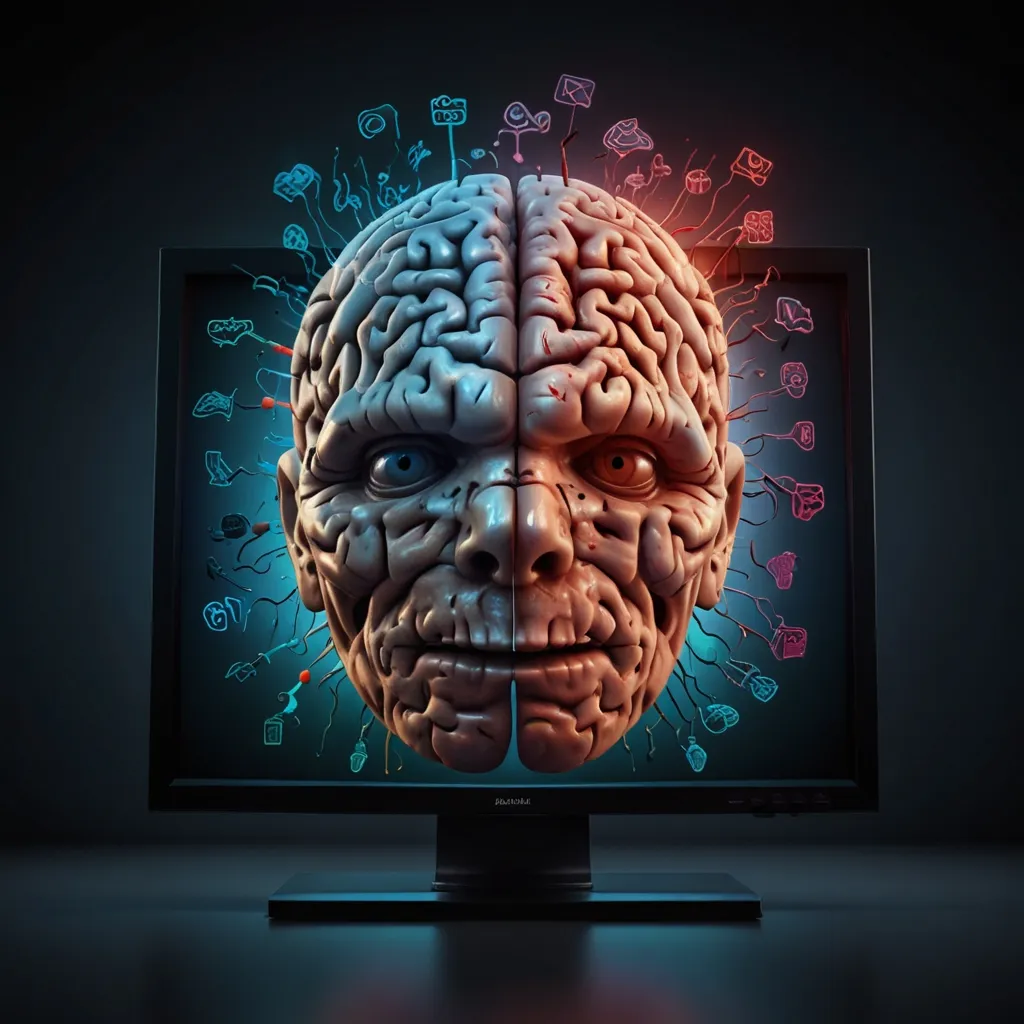The Large Hadron Collider: Gateway to Other Dimensions?
Ever wondered if scientists might have accidentally stumbled upon a portal to another dimension? It’s a wild idea, right? But it’s one that’s captured the imagination of countless people, sparking heated debates and fueling some pretty out-there conspiracy theories. At the center of it all? The Large Hadron Collider (LHC) at CERN.
Now, let’s get one thing straight - the LHC is a marvel of modern science. This beast of a machine is the world’s most powerful particle collider, and it’s been key in uncovering some mind-bending secrets about subatomic particles and the universe. But here’s where things get interesting: some folks reckon its immense power might be doing more than just smashing particles. They think it could be messing with reality itself.
Imagine this: you’re going about your day, and suddenly you realize that a detail you’ve always known to be true… isn’t. Maybe it’s the spelling of a favorite childhood book, or the color of a famous logo. You’re not alone in this memory - loads of other people remember it the same way. But when you check, history says something different. Spooky, right? This is what we call the Mandela Effect, and some believe the LHC might be behind it.
There’s this idea floating around that the LHC’s high-energy collisions could be causing reality shifts, creating alternate timelines or dimensions. It’s like something straight out of a sci-fi movie, isn’t it? Some researchers have even been keeping an eye out for spikes in these reality glitches that might line up with the LHC’s activities. So far, no smoking gun, but the interest in this stuff is definitely growing.
Now, if you’ve been anywhere near TikTok or Reddit lately, you’ve probably seen some pretty wild claims. There are people out there saying the LHC is opening wormholes, mirror dimensions, or even portals to parallel universes. Some of these stories get pretty dramatic - earthquakes, intense storms, even attempts to chat with aliens. It’s the kind of stuff that makes for great late-night reading, but let’s be real: there’s no solid scientific evidence backing any of this up.
But hey, it’s not just the LHC that’s got people talking about parallel universes. Over at Oak Ridge National Laboratory, scientists have been working on something pretty cool. They’re trying to detect what they call a “mirror world” - a hypothetical parallel universe that might explain some weird stuff we’ve seen in particle physics. Their experiment involves firing neutrons at a wall and seeing if any of them “hop” into this mirror world and back. It’s still pretty out there, but at least it’s based on actual scientific observations.
The whole concept of parallel universes isn’t exactly new in the world of physics. There’s this thing called the many-worlds interpretation of quantum mechanics. Basically, it suggests that every time a quantum event happens, the universe splits into multiple branches, each with a different outcome. Mind-bending stuff, right? While it’s not directly linked to what the LHC is doing, it does give us a scientific framework for thinking about multiple universes.
Now, before you start worrying that scientists are about to tear a hole in the fabric of reality, take a deep breath. The folks running the LHC are pretty adamant that everything they’re doing is well within the bounds of known physics. The collider’s been up and running since 2010, and while they’ve had their share of hiccups, there’s no credible evidence that they’ve opened any interdimensional portals or caused any major reality shifts. These experiments are all about expanding our understanding of the universe, not creating some kind of cosmic chaos.
It’s worth noting that a lot of what we think about parallel universes and time travel comes from pop culture. Shows like “Stranger Things” and “Dark” have made these concepts feel more accessible and exciting to a wider audience. And let’s be honest, who hasn’t daydreamed about stepping through a portal into another world? But it’s crucial to keep our feet on the ground and remember the difference between a cool sci-fi plot and actual scientific fact.
So, where does this leave us? The idea that scientists might have accidentally created a portal to another dimension is undeniably fascinating. It’s the kind of thought that can keep you up at night, wondering about all the possibilities. But for now, it remains firmly in the realm of speculation.
That said, the work being done at places like the LHC and Oak Ridge is genuinely pushing the boundaries of what we know about the universe. And isn’t that the real beauty of science? It’s this constant dance between imagination and evidence, between “what if” and “what is.” It’s about asking big, crazy questions and then methodically working to find the answers.
In the end, whether or not we ever manage to open a portal to another dimension, the journey of discovery is what makes science so compelling. It’s what drives us forward, challenging our understanding of the world and beyond. And who knows? Maybe someday we’ll look back on these theories and laugh at how close to the truth they were. Or maybe we’ll find out the universe is even stranger than we ever imagined.
So next time you hear about the LHC or some new mind-bending physics experiment, take a moment to appreciate the wonder of it all. Sure, be skeptical of the wilder claims, but don’t lose that sense of awe at what we’re trying to achieve. Because at its heart, this is what science is all about - pushing the boundaries of what’s possible, one experiment at a time.
And hey, if you ever wake up one day and find that your favorite childhood book is suddenly spelled differently, or that famous logo has changed color overnight… well, maybe give the folks at CERN a call. You never know - you might just have stumbled onto the next big scientific breakthrough. Or, you know, you might just need a coffee. Either way, it’s all part of the grand adventure of trying to understand our weird and wonderful universe.
